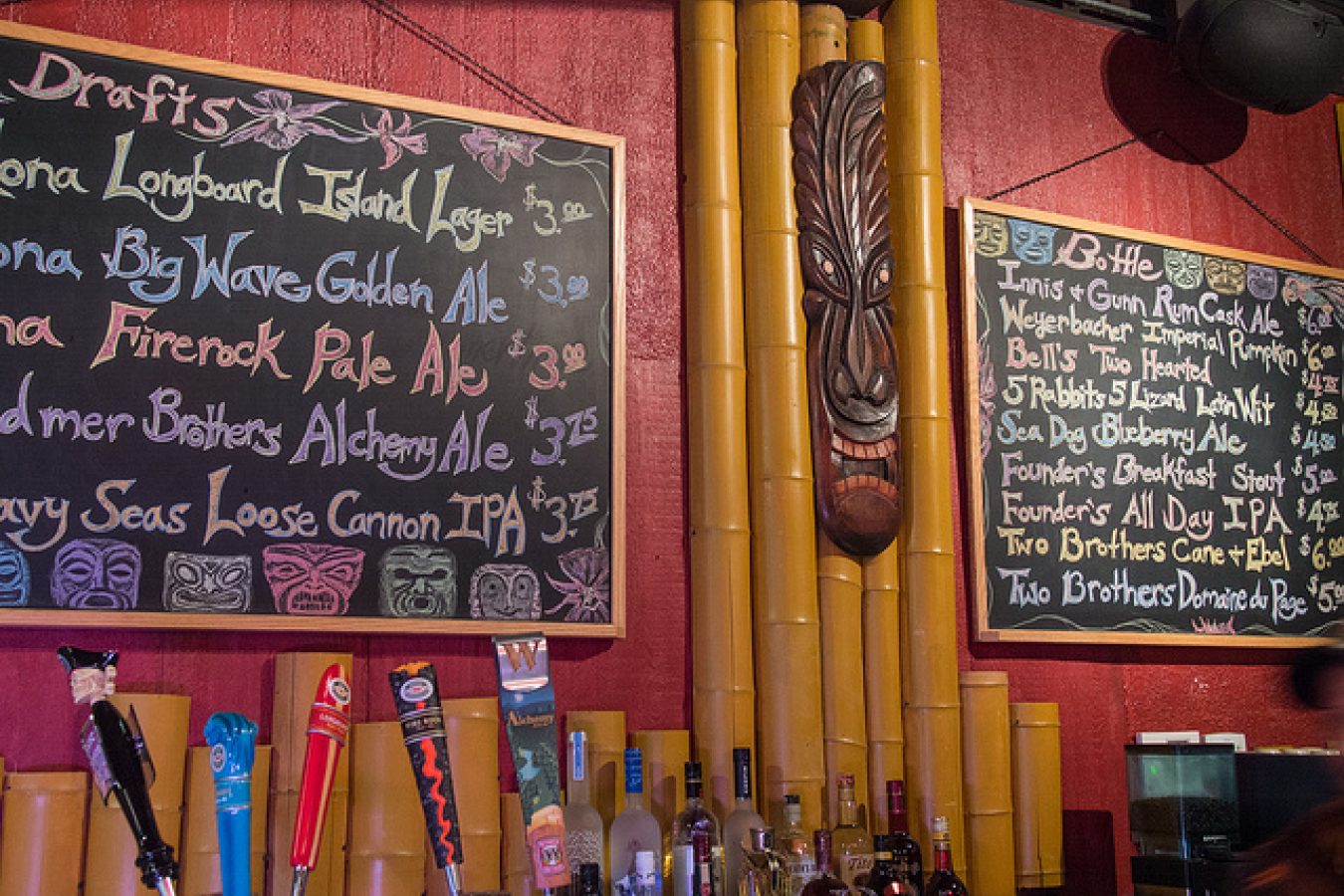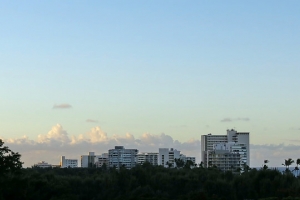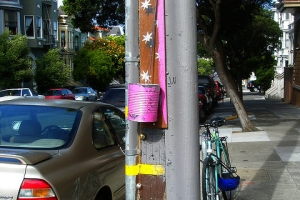Support migrant centric journalism today and donate

The US Citizenship and Immigration Services (USCIS) are to expand their US site inspection program to take in the employers of L-1 visas as well as H-1B visas. They will make unannounced site visits to prevent abuse of the L-1 visa by firms breaching 'anti job-shop rules'.
The visits are expected to begin in the first quarter of the 2014-15 fiscal year. The US fiscal year begins on October 1st. It is not yet clear whether site visits will only be made to sites where new L-1 petitions have been made or whether there will also be visits to existing L-1 sponsors.
Workpermit.com reported earlier this month that a report by the Inspector General of the Department of Homeland Security had called for reform of the L-1 visa system to prevent abuse. This announcement appears to be part of the USCIS response.
L-1A and L-1B
L-1 visas allow international companies with offices in the US to transfer workers from one of their overseas operations to work in the US. There are two types of L-1 visas; the L-1A visa for executives and managers and the L-1B visa for workers with 'specialized knowledge'. The L-1A lasts for up to seven years whereas the L-1B lasts for a maximum of five years.In order to qualify for an L-1 visa, an international worker must work for a US company which has a 'qualifying relationship' with a foreign company. That is to say, it must be able to show that the foreign company and the US company are linked in a way that qualifies for the L-1 visa program.
USCIS says that, for the firms to have a qualifying relationship, the US firm 'must be a parent, affiliate, subsidiary or branch of the foreign entity, and that both the U.S. office and the foreign entity must continue to share common ownership and control'.
Outsourcing companies
In recent years, many L-1 visas have been used by international 'outsourcing' companies such as Tata Consulting Services, Cognizant, IBM, Wipro and Infosys. 'Outsourcing' is a process whereby companies contract out functions that they are likely to have formerly carried out themselves to another company.So, if Firm A the client company outsources its IT function to Firm B the outsourcing company for a fee, Firm B will then carry out IT work for Firm A for the duration of the contract.
If Firm B is an international outsourcing company and brings in workers from outside the US on L-1 visas who then work at the offices of Firm A, this might give rise to the suspicion that the worker was actually working for Firm A, not for Firm B. .
Control
If the L-1 worker is stationed primarily at the offices of another company, then this, USCIS says, would place the outsourcing companies in breach of US immigration law unless Firm B can show that the worker is not under the control of Firm A the client of the outsourcing company.It would also be acceptable for the L-1 visa holder to conduct short-term project work at the offices of a third company.
USCIS has said that it will institute unannounced office visits on to ensure that all L-1 workers are being employed in accordance with US immigration law.
Blanket petitions
However, international outsourcing firms are unlikely to be troubled by the checks on L-1 visas just yet. This is because the checks will not take place at the offices of companies which use 'blanket petitions' when applying for L-1 visas.A blanket petition works as follows: Where firms regularly apply for L-1 visas, it is easier for them to prove the 'qualifying relationship' once rather than over-and over again. They do this by way of a 'blanket petition'.
The US firm which will apply for the L-1 visas files proof of the qualifying relationship with the foreign, related firm. It will then receive a 'blanket petition approval notice'.
No need for full proof
It can then send a copy of this notice with each L-1 application from then on, rather than full proof that the companies qualify for L-1 visas.The workers nominated for L-1 visas will still need to show that they are managers or have 'specialized knowledge' to qualify.
Those with Blanket petitions which are usually used by large employers will apparently not be subject to these checks. All the big outsourcing companies will use blanket petitions and so their offices will not be visited by USCIS.
Site inspections without notice
USCIS has carried out checks on companies that employ foreign workers on H-1B visas since 2009. Site inspections on H-1B employers are made without notice. Inspectors check to ensure that H-1B visa holders are working in accordance with the terms of the grant of their visas.H-1B visas are issued to foreign workers, educated to bachelor's degree level, who can work for a US employer in a specialty occupation' providing that they are paid the prevailing rate for the job.
If you would like to apply for a US visa, WorkPermit.com can help. WorkPermit.com is a specialist visa consultancy with 25 years of experience dealing with visa applications. We can help with a wide range of visa applications to your country of choice. Please feel free to contact us for further details.





















